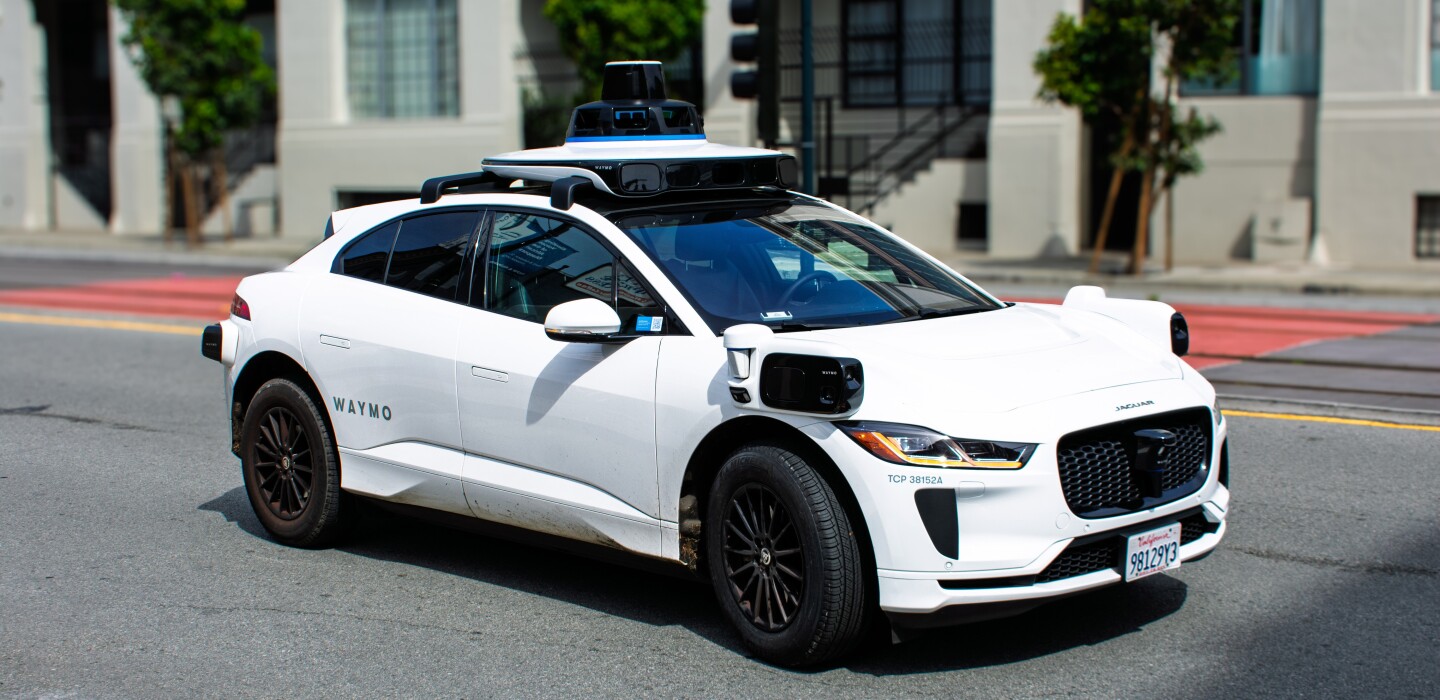Warning: This article contains spoilers for Thor: Love and Thunder, and Phase 4 Marvel Cinematic Universe projects in general.
If you’ve seen Thor: Love and Thunder, the latest entry in Marvel’s Cinematic Universe, you’ll know that one of the major themes was gods. The “gods” are beings of immense power, capable of various feats that put them on a higher plane of existence than most characters. Of the gods, Thor, and perhaps Loki, are undoubtedly two of the most popular. They’ve been around since the very beginnings of the Infinity Saga and have grown to hold a special place in the hearts of fans, myself included. One of my favorite MCU moments will always be Thor entering Wakanda during Avengers: Infinity War, which reached a level of epic that still puts a childlike smile on my face to this day. This article is all about trying to understand what a “god” really is in the MCU. You can click here to skip to the meat of this article or keep reading below to join me on my journey toward understanding “gods” in the MCU.
Defining “gods” Before Love & Thunder
Back during the Infinity Saga, my (and perhaps most people’s) understanding of gods in the MCU was that they weren’t divine or immortal. Instead, they were simply so much stronger and long-lived than most that their very existence was godlike in nature. Throughout MCU media leading up to Love and Thunder, it had been made clear that characters like Odin, Thor, Loki and Hela’s status as “gods” was more symbolic than it was literal. Odin quite literally said as much during a dressing down of Loki in Thor: The Dark World.
More confirmation came in Loki’s TV show, where the Time Variance Authority gave him a dressing down of their own alongside a slice of humble pie. And then you have the original Thor film where Doctors Jane Foster and Erik Selvig pioneered research on the Asgardians. In doing so, they presented Asgardian powers as being mostly explained by extremely advanced science & technology, as opposed to any sort of true magic (Clarke’s third law anyone?).
Furthermore, The Hulk managed to defeat both Loki and Thor in separate movies, which served to bolster belief in MCU “gods” being nothing more than “really strong long-lived beings”. If The Hulk went to some distant planet, with a comparatively weak population, and set himself up as lord over them, he could very well be considered a “god” in his own right. The same holds true for the many other powerful beings introduced during the Infinity Saga like Thanos, Captain Marvel, Wanda Maximoff and The Vision.
All this begs the question, what really is a “god” in the Marvel Cinematic Universe?
Defining “gods” After Love & Thunder
Post Thor: Love and Thunder, the lines have been blurred even further on what exactly a “god” is in the MCU.
Is there some sort of formal state of being that qualifies an MCU character as a “god”? Is it as simple as “anyone worshipped as a god by some populace in some place”? But if that’s the case, wouldn’t run-of-the-mill celebrities across the galaxy qualify as gods? Or is “god” really just a title handed out by some governing body, similar to the Jedi Council in Star Wars? In Star Wars you had Anakin Skywalker who was Jedi Master level strong but was never given the formal rank. Could that sort of logic explain why some MCU characters on Thor’s level aren’t considered gods? Is there a cosmic Mace Windu out there god-blocking people on a regular basis?
In Thor: Love and Thunder, how did Gorr the god Butcher even identify “gods” to butcher? Did he have an off-screen personal assistant ready with a Rolodex of gods across the galaxy? Or was he more playing it by ear, going from planet to planet and butchering anyone being worshipped as a god by those around them? One of the more prevalent criticisms of the film was how little on-screen butchering Gorr the god Butcher did. Perhaps if Gorr had been given more screen time, some of the ambiguity surrounding the definition of gods in the MCU would dissipate. A scene showing how he was identifying gods would’ve gone a long way in setting the record straight once and for all.
Also, what about the “gods” from Moon Knight? Were they in play for Gorr’s butchering, or are they some other form of “god” that Gorr wouldn’t have been able to reach? Or how about Bast the Panther goddess, who made an appearance in Thor: Love and Thunder. Where does she rank in comparison to the Moon Knight gods and the Asgardians? Is she just a strong long-lived mortal whose power seems godlike to the people of Wakanda?
To go even further, you also have the Celestials, as introduced in the first Guardians of the Galaxy film, and explored most recently in Eternals. Are we to believe that Gorr was gunning for guys like Arishem the Judge too? Seeing as Gorr struggled to battle Thor, can you imagine the kind of cosmic beat down a Celestial would’ve given him?
The more I think about it, the more questions I have!
Relevant Discussion Threads
I’m not the only one whose been questioning what a “god” really is in the MCU. If you’re on the r/MarvelStudios subreddit, you may have seen a few threads about the topic. I’ve compiled a handful of articles and Reddit threads about “gods” in the MCU below. Some are more informative than others, but the sheer volume of people asking the question is evidence that the ambiguity surrounding “gods” in the MCU is widespread among fans.
Discussion Threads From Before Thor: Love and Thunder
- What Is a “god” in the MCU at This Point?
- How Will Gorr Classify Who Are “gods”? What Does It Mean to Be a “god”?
- The Concept of “gods” in the MCU
- I Don’t Get This Whole “Thor Isn’t a god” Thing
- Loki Called Himself a “god” in Infinity War. What Does That Mean, Really?
- What Did Loki Mean When He Told Thanos That He Would Never Be a “god”?
- Is Thor Actually a “god” in the MCU?
- Is Thor a “god” or an Alien?
- Is Thor a “god” in the MCU?
- Discussing Gods in the MCU
- Who is on Gorr the “god” Butcher’s [redacted] List?
- How Is Loki A “god”?
- Question About Asgardians and “god” Status
Discussion Threads From After Thor: Love and Thunder
- What Makes a “god” a “god” in the MCU?
- What Even Are the “gods” Anyway?
- So Are “gods” Advanced Aliens or Actual “gods” Now?
- Figuring Out What Makes a “god” in the MCU So Gorr the god Butcher Doesn’t Have to
- Confused about Eternals vs. Actual Greek “gods” from Thor 4
- Tony Stark’s Skepticism of Thor as a “god”
Conclusion
If you think I’m overanalyzing, reading too deep into things, or that I should just “turn my brain off” and enjoy the MCU without sweating the details, you’re not exactly wrong, but you’re not exactly right either!
Part of the MCU’s allure, for both casual and devoted fans, has been the level of care they’ve shown in having everything fit together. It was groundbreaking during that first Avengers movie when Captain America, Black Widow, Iron Man, Thor, Hulk and others all appeared on screen together. Marvel had been saying it was a shared universe up until then (post-credit scenes), but seeing it on the big screen confirmed it in the grandest way possible. Knowing that every MCU film/show is happening in a single shared universe has done wonders for driving engagement and excitement among fans. Warner Brothers had that same realization far too late, and have been playing catchup with their DCEU ever since.
The attention to detail shown by Marvel in building its Cinematic Universe across 20+ movies and shows is nothing short of remarkable. It’s a huge part of what made me a fan, and of what keeps many millions across the world tuned into all things MCU. With a fictional universe that is well put together, taking it “too seriously” is a part of the fun!
Anyways, you may have noticed I didn’t really answer the question of “what’s a “god” in the MCU”. That’s because there is no formal answer. The powers that be at Marvel haven’t provided a definition, either in or out of the universe, so we’re left with but inferences and opinions. That being said, I hope you enjoyed the article, and I hope one day we get an authoritative answer from Marvel on what exactly a “god” is in the MCU!




